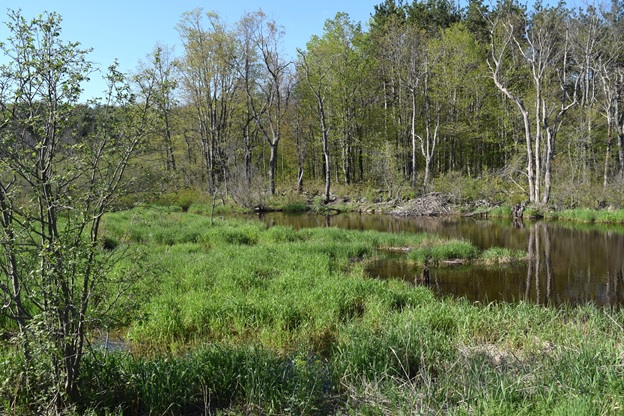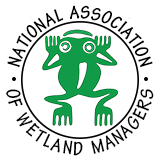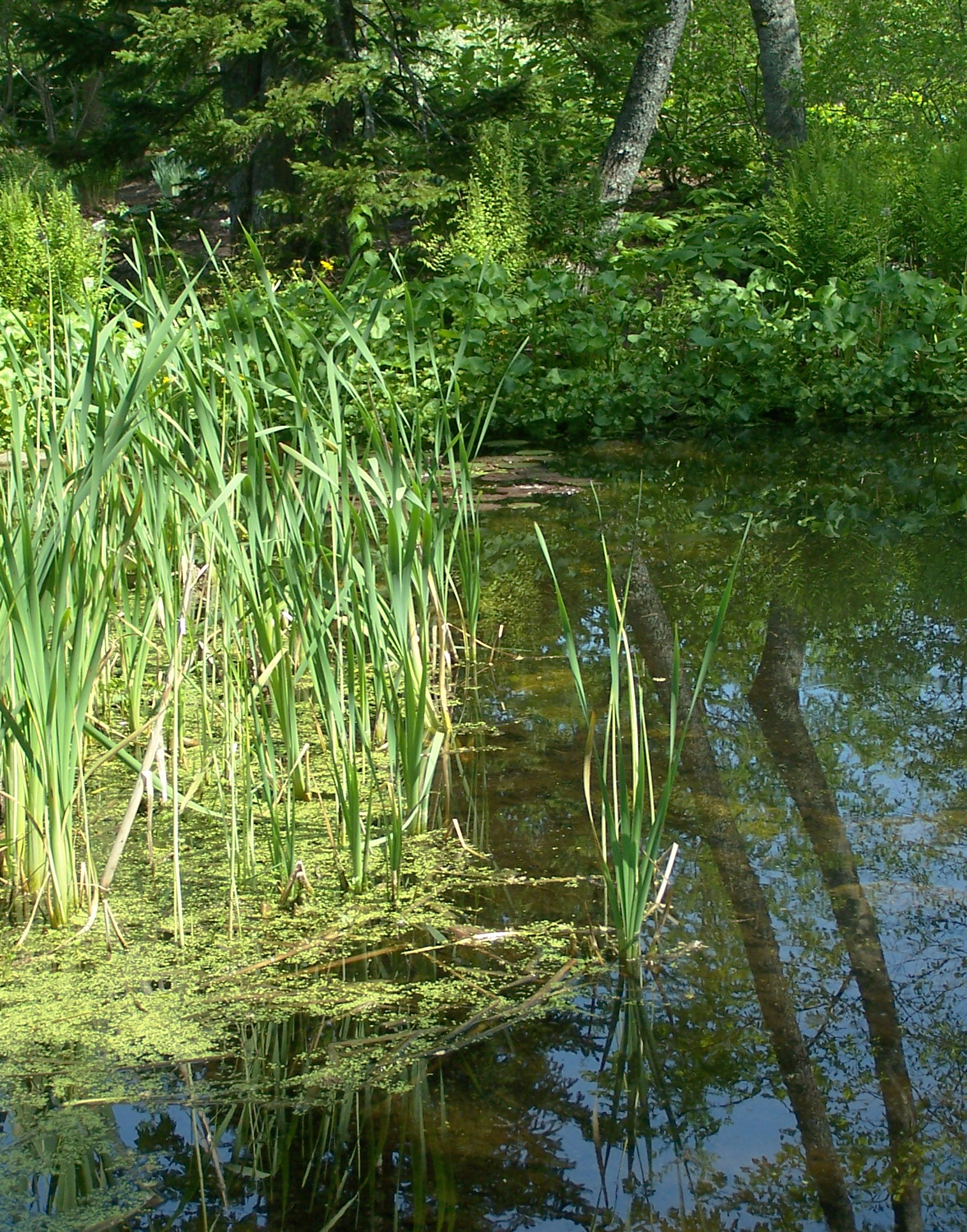Publications
 The Association conducts research and publishes reports, guidebooks, news articles, brochures, white papers, and summaries of findings of symposia and workshops. These are available electronically to all interested individuals and organizations.
The Association conducts research and publishes reports, guidebooks, news articles, brochures, white papers, and summaries of findings of symposia and workshops. These are available electronically to all interested individuals and organizations.
 The Association conducts research and publishes reports, guidebooks, news articles, brochures, white papers, and summaries of findings of symposia and workshops. These are available electronically to all interested individuals and organizations.
The Association conducts research and publishes reports, guidebooks, news articles, brochures, white papers, and summaries of findings of symposia and workshops. These are available electronically to all interested individuals and organizations.
Wetland News (Members' Only)
 Weekly News of Interest
Weekly News of Interest
Listed below are links to news articles that may be of interest to the wetland community. Readers are encouraged to send links to recent articles, publications, and other resources pertaining to wetlands in their local area to Portia Osborne, Executive Director at news@nawm.org and reference “In the News” in the subject.
- Illinois Wetlands Are At Risk As Federal Protections Vanish. Will State Move To Protect Them?
-
H2Ohio likely to continue with whomever is elected Ohio's next governor
- 650 acres at Dragon Run protected for its ecological and cultural significance
-
Wood storks rebound, but delisting raises new concerns for wetlands
- New state budget cuts will lead to reduced water quality monitoring across Idaho
- Environmental dereg bill narrowly moves from committee
Comment Letter – January 5, 2026 –
NAWM Comments on Updated Definition of "WOTUS"
The National Association of Wetland Managers (NAWM) submitted comments in response to the proposed rule, “Updated Definition of ‘Waters of the United States’,” EPA-HQ-OW-2025-0322. The NAWM letter addresses the following key issue areas: 1) importance of working with states and tribes to define WOTUS; 2) definitions and implementation of “relatively permanent waters,” “tributary,” and “adjacent wetland”; 3) appropriateness of proposed tools for implementing jurisdictional tests; 4) proposed approaches to exclusions from WOTUS; and 5) elimination of interstate waters as a category of WOTUS. The full comment letter can be found here.

